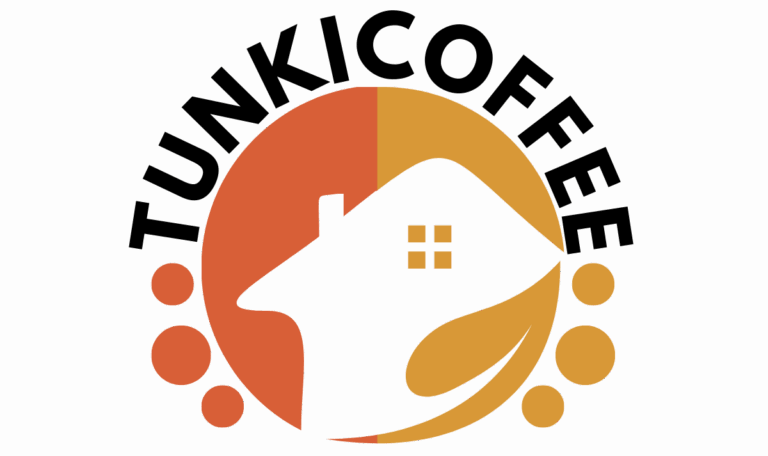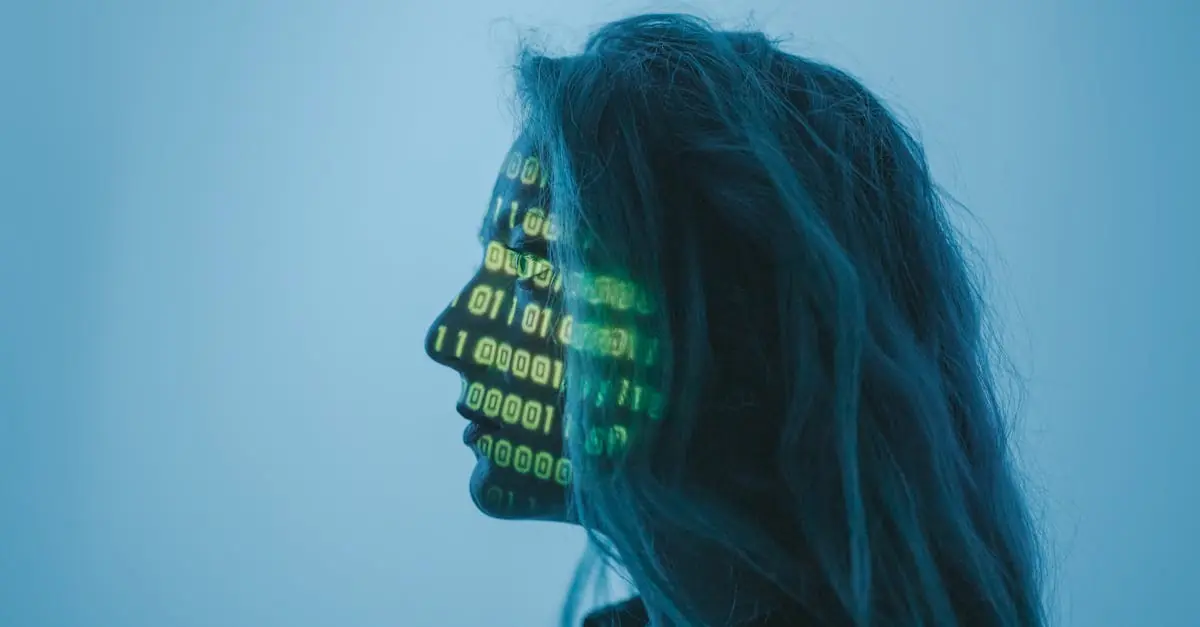In the vast universe of Roblox, where creativity reigns supreme, one game holds the title of the very first. This pioneer paved the way for millions of players to unleash their imaginations and build their own virtual worlds. It’s like the grandparent of all Roblox experiences—wisdom, nostalgia, and a little bit of pixelated charm rolled into one.
Table of Contents
ToggleOverview of Roblox
Roblox serves as a multifaceted online platform enabling users to create, share, and play games developed by other users. Established in 2006, it has transformed into a vast universe filled with user-generated content. Players enjoy an extensive catalog of games, catering to diverse interests and age groups.
Creating games on Roblox involves using a proprietary game engine known as Roblox Studio. This tool provides robust design features, allowing developers to craft unique experiences. Community engagement plays a significant role; users often collaborate, exchange ideas, and learn from one another.
The platform’s unique economy is driven by its virtual currency, Robux. Players can purchase in-game items or features, stimulating creativity and providing an incentive for developers. With millions of active users, Roblox fosters a vibrant ecosystem where game creation thrives.
Accessibility remains a key strength of Roblox. It is available on multiple platforms, including PC, mobile devices, and consoles. Consequently, players can enjoy the experience anytime, anywhere. Additionally, regular updates ensure that both the platform and its games evolve, keeping the content fresh and engaging.
Safety measures are also implemented to protect the community. These include chat filters and account controls, aiming to foster a secure environment for players. By prioritizing user experience and engagement, Roblox continues to expand its appeal as a leading platform in social gaming.
The Birth of Roblox
Roblox emerged in 2006, marking the beginning of a revolutionary platform that allows creativity to flourish.
The Creation Process
The development of Roblox began as an innovative idea by co-founders David Baszucki and Erik Cassel. Initially named DynaBlocks, the platform aimed to provide a space for users to create and share games. After feedback from early users, the name changed to Roblox in 2004, blending “robots” and “blocks.” The focus centered on user engagement, allowing players to customize their experiences. Adopting a blocky aesthetic appealed to a diverse audience. Today, that distinctive style remains a hallmark of Roblox.
Early Development Timeline
In 2004, the first prototype launched, laying the groundwork for future advances. Significant milestones occurred in 2005, as the platform opened to beta testing, showcasing early user-generated games. Officially, Roblox launched in 2006, attracting initial players with its unique features. By 2007, the introduction of Roblox Studio empowered users to design games more easily. The community’s growth surged as more players and developers joined, shaping the platform’s direction. Over the years, Roblox matured into a comprehensive ecosystem catering to a broad range of interests.
First Game of Roblox
The first game in Roblox holds a special place in gaming history. Known as “Brick Battle,” this pioneering game laid the groundwork for countless user-generated experiences.
Identification of the First Game
“Brick Battle” debuted alongside Roblox’s official launch in 2006. Developed by co-founder David Baszucki, it became an instant hit among players. The game’s mechanics revolved around combat using bricks as weapons, encouraging players to strategize and engage in battles. Players often associate the game’s simplistic design with the early aesthetic of Roblox, providing a nostalgic connection to its origins. “Brick Battle” stands out not merely as a game but as the starting point of an expansive creative universe.
Features and Gameplay
The gameplay of “Brick Battle” centers on competitive play in a dynamic environment. Players battle against each other using various brick-based weaponry, such as bombs and swords. Combat scenarios require players to utilize their environment, promoting strategic movement and quick thinking. Each round is fast-paced, emphasizing player skill and adaptability. Elements like respawning and various maps enhance replayability, keeping players engaged. This foundational game embodies the community spirit that defines Roblox, encouraging collaboration and creative expressions among users.
Impact on Roblox Community
The release of “Brick Battle” significantly shaped the Roblox community, igniting a passion for user-generated content and collaborative gaming.
Player Reception
Players embraced “Brick Battle” for its engaging gameplay and competitive elements. Nostalgia played a major role; many players fondly recall their experiences in this early Roblox game. This game contributed to a strong sense of community. Engagement grew as users gathered to strategize and participate in battles. Positive word-of-mouth further increased interest, establishing “Brick Battle” as a beloved classic within Roblox’s extensive game library.
Influence on Game Development
“Brick Battle” set a precedent for user-generated game design and inspired many developers. Its success highlighted the importance of creativity and community in game development. Elements of gameplay introduced by “Brick Battle” influenced future Roblox games, promoting competitive experiences and interactive mechanics. This game demonstrated how simple concepts could lead to innovative designs, encouraging developers to experiment and push boundaries. Developers today often cite “Brick Battle” as a pivotal influence in shaping their own creations within the Roblox ecosystem.
Evolution of Games on Roblox
Roblox’s game evolution showcases a rich tapestry of creativity and innovation. With its official launch in 2006, the platform quickly became a showcase for user-generated games. Developers utilized the potent Roblox Studio, fostering an environment for imaginative design and collaboration.
Early games like “Brick Battle” laid the groundwork for diverse genres. The introduction of physics engines and scripting capabilities spurred developers to craft intricate gameplay mechanics. Games began to incorporate complex narratives, role-playing elements, and immersive worlds that captivated players.
Success stories such as “Jailbreak” and “Adopt Me!” emerged, drawing millions of users. “Jailbreak,” released in 2017, combined strategic gameplay with role-playing elements, capturing attention through its open-world design. “Adopt Me!” created a unique virtual pet experience, appealing to younger audiences and significantly contributing to Roblox’s user growth.
Regular updates introduced new features and enhancements, keeping the platform fresh. Expanding access to more devices, including mobile phones and consoles, broadened the user base. Community engagement events, like the annual Bloxy Awards, celebrated creativity and built excitement within the ecosystem.
Safety measures adapted alongside game evolution, ensuring a secure environment for younger players. Enhanced chat filters and moderation tools promote a positive community experience while supporting creative development.
Roblox’s expansion continues to influence the gaming landscape. The collaborative spirit remains a driving force, inviting new developers to explore ideas. Each game released adds to the vibrant universe, encouraging players to dive into diverse experiences and share their creations with others.
The legacy of “Brick Battle” remains a cornerstone of the Roblox experience. Its influence on user-generated content and community engagement continues to resonate with players and developers alike. As a pioneer in the platform’s history, it not only set the stage for future games but also fostered a culture of creativity and collaboration that defines Roblox today.
Players still cherish the nostalgic charm of “Brick Battle” while new generations discover its impact on the gaming landscape. This game serves as a reminder of how simple ideas can spark innovation and inspire a vibrant community. As Roblox evolves, the spirit of “Brick Battle” will undoubtedly live on, shaping the future of gaming for years to come.







